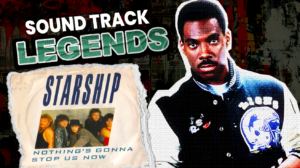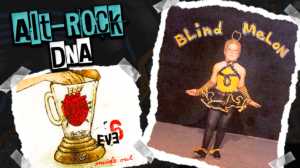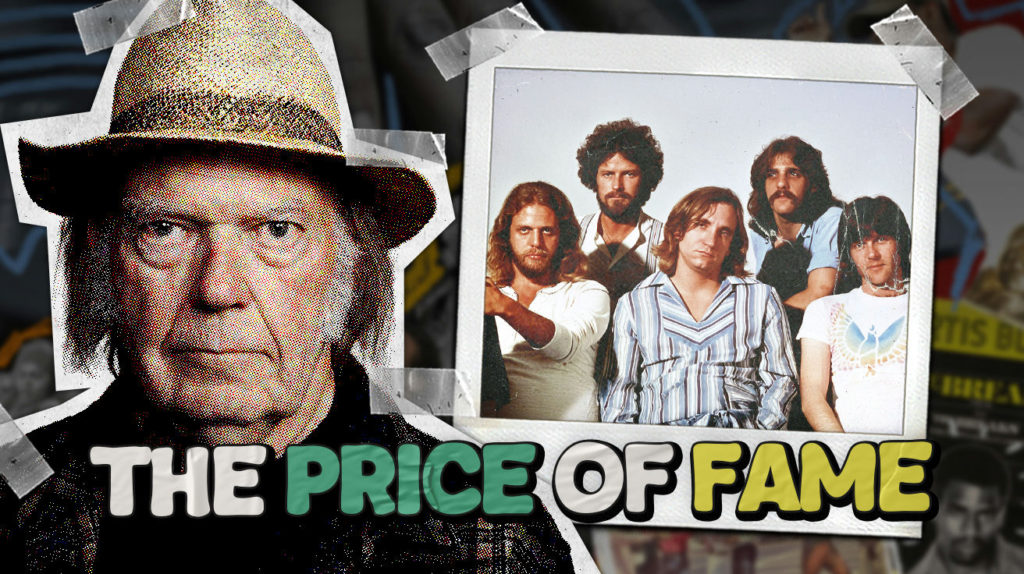
The music industry runs on a brutal paradox. Algorithms reward catchy hooks. But fans crave genuine emotion. TikTok clips launch careers overnight. Yet lasting legacies demand substance. Every artist faces this choice: chase the charts or follow your creative compass. Some navigate this tightrope with grace. Others crash into the gap between what sells and what satisfies the soul. These six acts show what happens when musicians confront commercial viability versus creative expression.
5. Styx: When Theatrics Overshadow Musicianship

Styx journeyed from progressive rock outfit to theatrical concept album creators. This highlights how presentation can overwhelm substance. “Kilroy Was Here” became less about music. It focused more on elaborate stage production. Think blockbuster movie where special effects outshine the plot.
Dennis DeYoung‘s theatrical inclinations clashed with Tommy Shaw‘s straightforward rock sensibilities. This created tension that ultimately fractured the group. Their experience serves as a cautionary tale. Artists must navigate between creative expression and commercial spectacle. In our Instagram-optimized era, questions remain. Does packaging enhance the art or distract from it?
4. Genesis: The Progressive-to-Pop Transformation
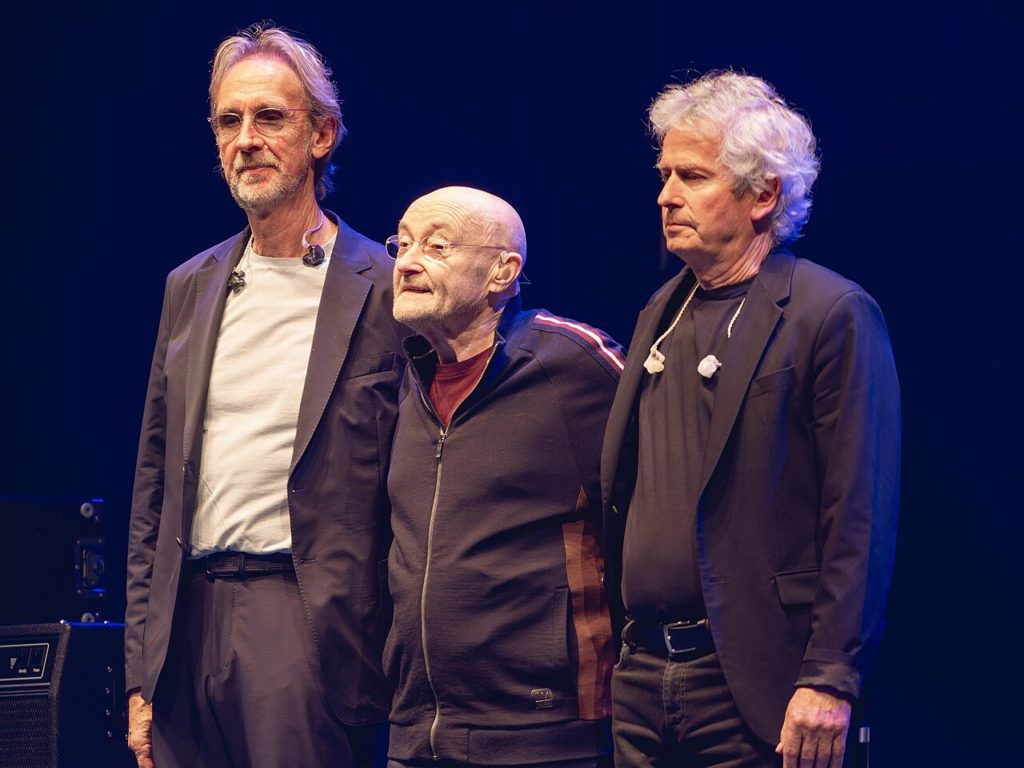
Genesis executed rock’s most dramatic musical pivot. They evolved from progressive experimentalists to pop chart fixtures under Phil Collins. Their journey resembles a tech startup. They abandoned specialized products for mass-market appeal. Core users got sacrificed while their audience exponentially expanded.
Peter Gabriel‘s elaborate costumes and 23-minute compositions gave way to radio hits. “Invisible Touch” became their new sound. Yet Genesis maintained technical excellence throughout their evolution. Their transformation demonstrates something important. Authenticity isn’t tied to specific sounds. It’s about honest execution of whatever musical direction an artist chooses.
3. Billy Joel: The Reluctant Hit Machine
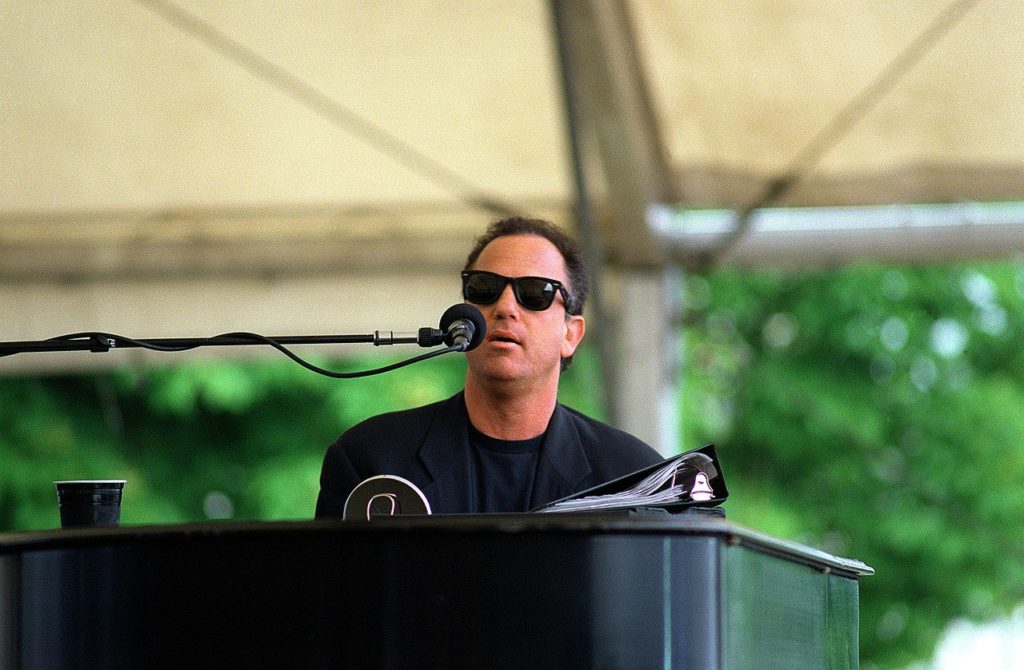
Billy Joel embodies music’s greatest contradiction. He’s a classically trained pianist who yearned for rock credibility. Yet he crafted pop masterpieces that dominated radio. His catalog reads like a diversified investment portfolio. Experimental tracks cushion chart-toppers that paid the bills.
Joel’s relationship with his biggest hits reveals complicated feelings. Artists often harbor mixed emotions toward their most successful work. “Vienna” became one of his most streamed songs. It was never even a single. Meanwhile, radio staples like “Uptown Girl” sometimes felt like creative compromises. His preference mirrors today’s streaming landscape. Artists must choose between algorithm-friendly hooks and artistic vision.
2. Fleetwood Mac: Turning Personal Chaos Into Sonic Gold
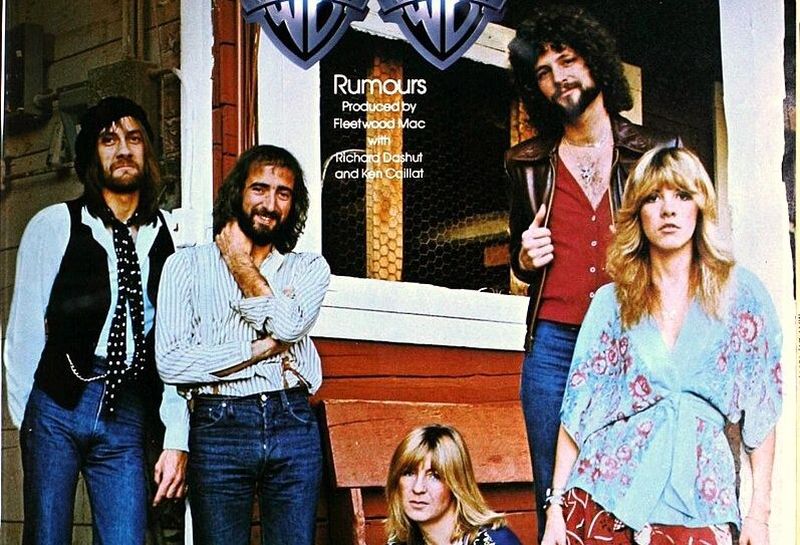
Fleetwood Mac transformed relationship implosions into platinum records. They created a blueprint for authenticity that countless artists still follow. “Rumours” functions like a relationship autopsy performed on stage. It’s painful, revealing, and impossible to ignore.
The band channeled interpersonal disasters into their work. This created rare alchemy where commercial appeal and raw honesty perfectly aligned. When Stevie Nicks sings about broken relationships, the crack in her voice carries actual experience. No marketing department could manufacture that. Their vulnerability became their commercial salvation. Sometimes the most authentic path leads straight to the bank.
1. The Eagles: Perfectionists With a Price
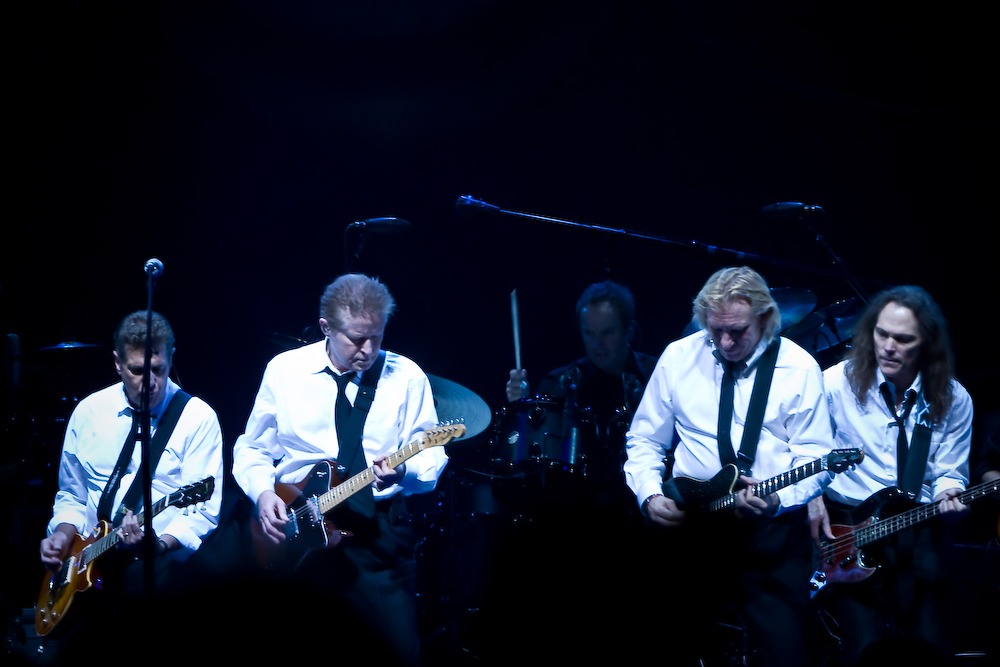
The Eagles approached music with Swiss watchmaker precision. They crafted songs where every note served a purpose. Every harmony was meticulously calibrated. Their perfectionism yielded undeniable results. “Hotel California” remains sonically flawless decades later.
Don Henley and Glenn Frey insisted on polished production. This created an authenticity paradox. Their technical excellence represented authentic values. Yet their methodical approach sometimes lacked raw immediacy. Neil Young and others felt the difference. When every vocal can be perfected, choosing perfection becomes its own statement. Sometimes it erases the human fingerprints that make music feel alive.




